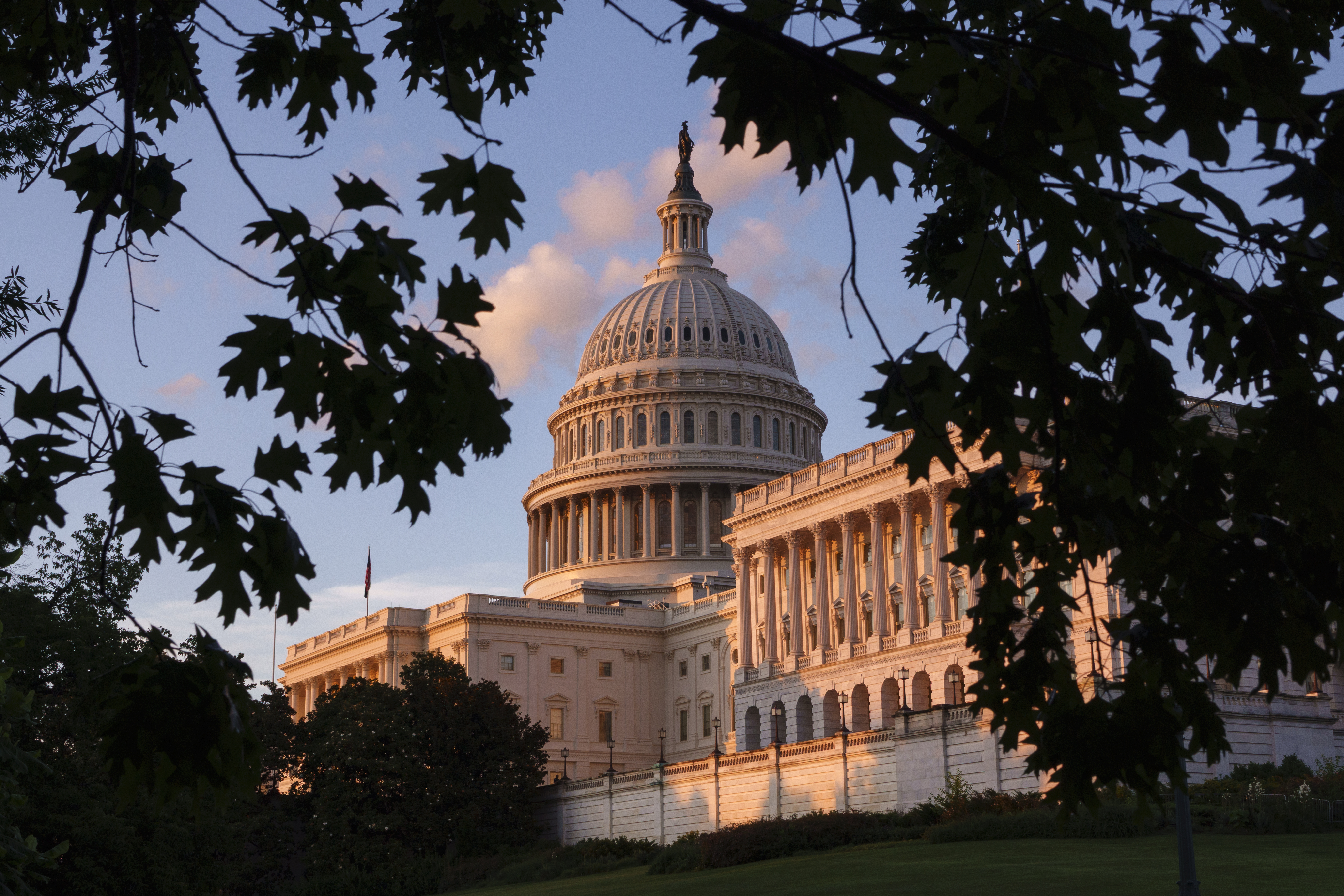Millions of federal employees, including members of the military, will not receive paychecks during the shutdown.
About 750,000 employees will be furloughed each day, the Congressional Budget Office said, and essential workers will be forced to work without pay.
While federal employees are scheduled to receive back pay once the government reopens, going without pay could make it tough for some to afford basic necessities.
Dywane A. Hall of Dywane A. Hall & Company gave advice on developing government shutdown financial strategies to keep finances afloat.
Prioritize essential expenses
Hall suggests prioritizing expenses that are fixed. He says start planning and budgeting for those regular payments that won’t change during the shutdown. These include payments like:
- Rent
- Car payment
- Mortgage
Pause discretionary spending
Since it’s uncertain when workers will get their next paycheck, Hall says it’s time to cut back on spending money on items that aren’t considered essential.
Hall suggests looking at discretionary spending like going to the movies regularly or reviewing which streaming services you actually use.
“You want to start planning by doing that budget ,” Hall said. “You want to protect your credit score, you want to protect your good name, and you want to protect the assets that you already have,” Hall said.
Hall says advisors stress that people need to have anywhere from two to six months of cash saved somewhere for emergencies like a shutdown.
Manage lenders and creditors
If you’re running behind on payments because you’re not getting a paycheck, how do you ask lenders and creditors for grace during this time?
Hall says to be proactive with communicating with lenders. Let your credit union know you’re a federal worker or federal contractor and some will offer 0% loans during the shutdown.
“Some of the local banks [like] Chase [and] Bank of America offered 0% loans as a stopgap to their good customers, so you don’t have to sit there and just say, ‘Oh, what am I going to do?’,” Hall said. “Plan, prepare for those contingencies and communicate.”
Other banks like Pentagon Federal Credit Union and Andrews Credit Union have offered customers 0% interest rate loans during past shutdowns, Hall said.
Find financial assistance in your local community
Once you look over your budget for the shutdown and notice you could still need extra financial help, Hall says to look to local community groups, food banks and other organizations. Some organizations set up specific programs to help federal workers.
“Everybody’s not necessarily a senior executive service, but we have some of the GS2s or threes who may not have had the opportunity to put that level of money away who need assistance, financial counseling, as to, hey, ‘How do I get through this particular series?’,” Hall said.

Want more insights? Join Working Title - our career elevating newsletter and get the future of work delivered weekly.

